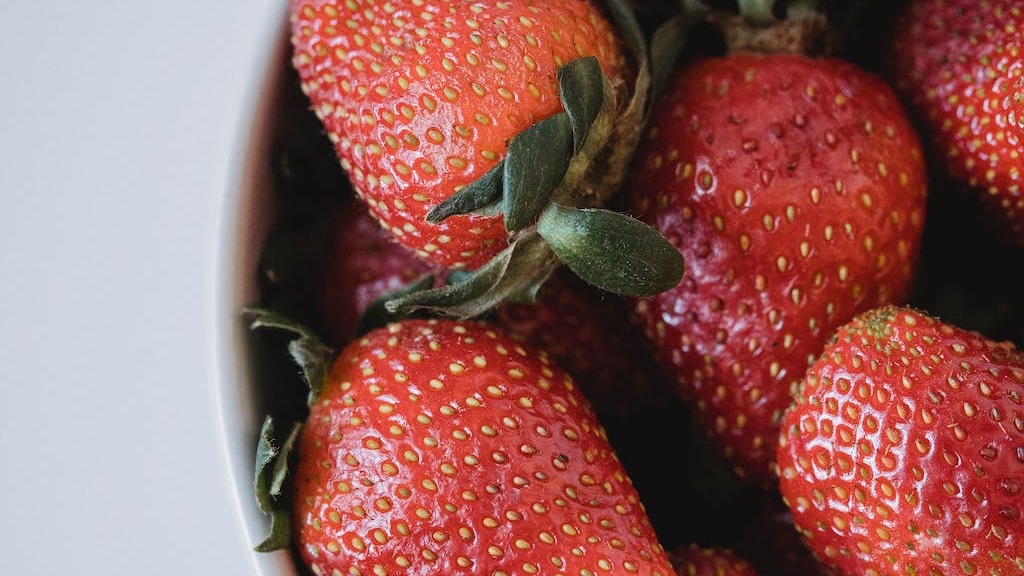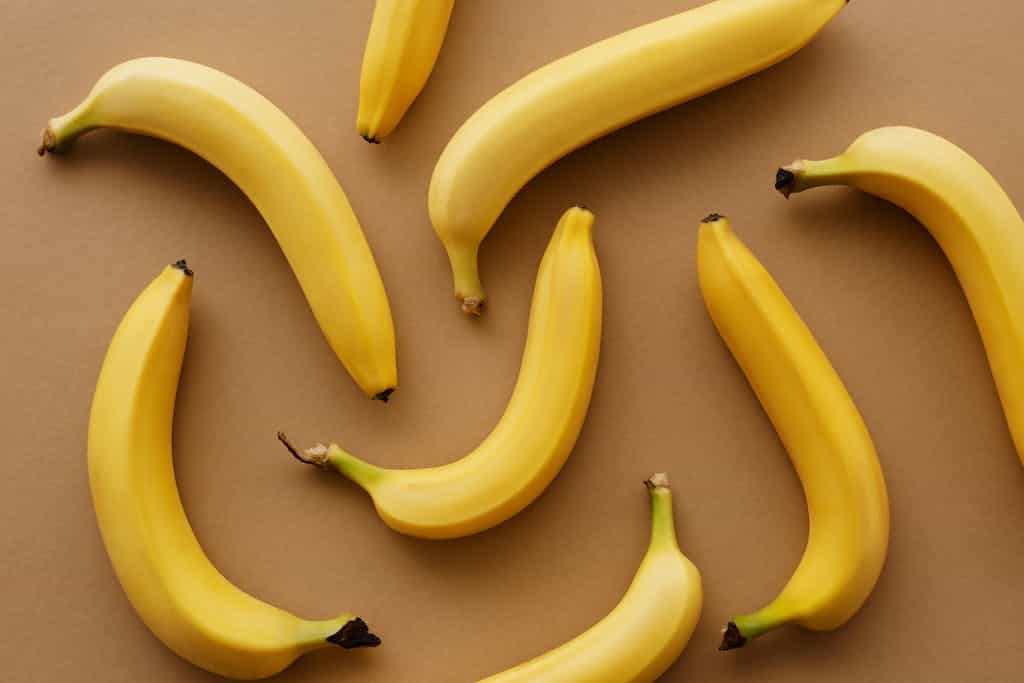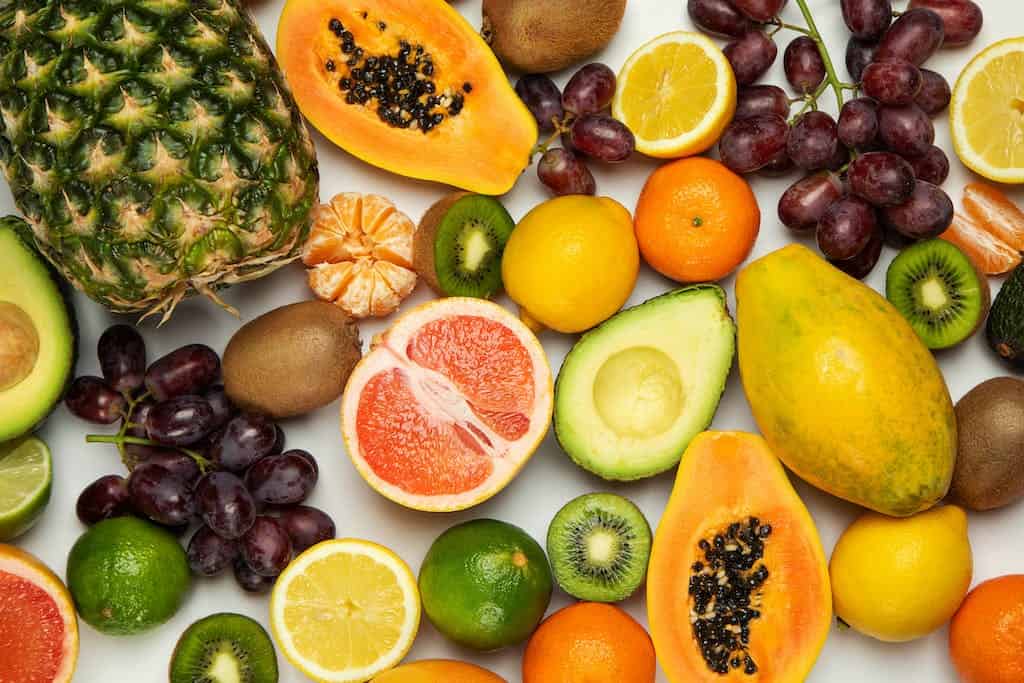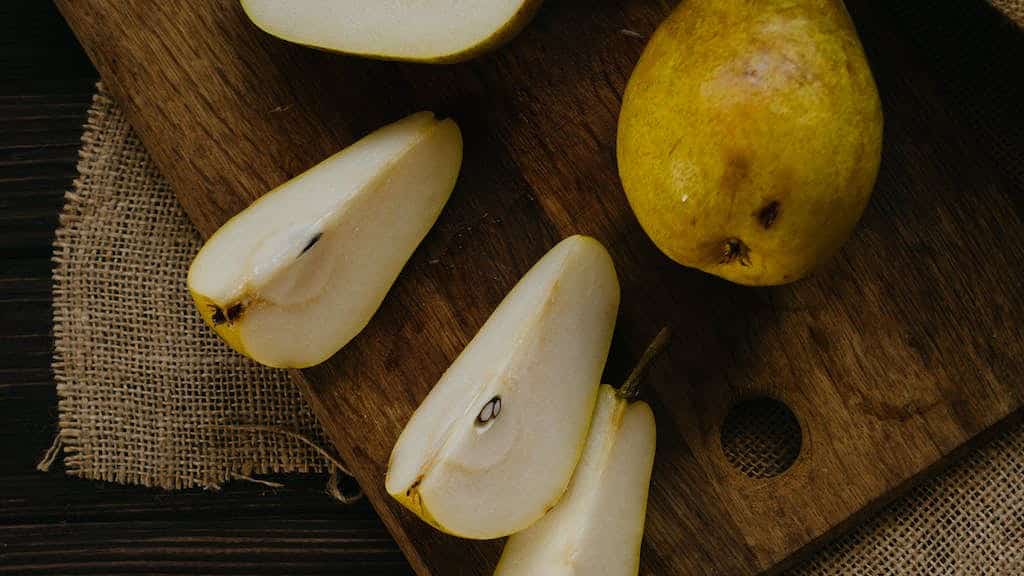Key Takeaways
- Dogs can safely eat raspberries and strawberries in moderation.
- Both fruits are low in calories and high in essential nutrients.
- Raspberries and strawberries contain antioxidants that can benefit a dog’s immune system.
- Make sure to remove any leaves, stems, or seeds before feeding these fruits to your dog.
- Introduce raspberries and strawberries gradually to check for any digestive issues or allergies.
- Feed fruits as a treat or a small part of their balanced diet, not as a substitute for regular dog food.
- Monitor your dog for any adverse reactions or changes in behavior after consuming these fruits.
- Consult with a veterinarian before adding raspberries or strawberries to your dog’s diet, especially if your dog has any pre-existing health conditions.
Summary
Can dogs eat raspberries and strawberries? Yes, they can! Raspberries and strawberries are safe and healthy fruits for dogs to consume in moderation. However, it is important to be aware of a few factors such as portion sizes, potential allergies, and the proper way to serve them. This article provides valuable information on the benefits and risks associated with feeding these fruits to dogs, along with helpful guidelines to ensure your furry friend’s well-being. So, if you want to ensure your dog’s diet is varied and nutritious, read on to learn more about feeding raspberries and strawberries to your beloved canine companion.

Can Dogs Eat Raspberries and Strawberries?
1. Health Benefits of Raspberries for Dogs
Raspberries are safe for dogs to consume in moderation and can offer some health benefits. They are rich in antioxidants, such as vitamin C, which may support the immune system and help prevent cell damage. Additionally, raspberries contain fiber, which promotes healthy digestion and can help regulate bowel movements in dogs. However, it’s important to note that raspberries are also high in natural sugars, so they should only be given to dogs as an occasional treat and in small quantities.
2. Potential Risks of Feeding Dogs Strawberries
While strawberries are generally safe for dogs, some precautions should be taken. Like raspberries, strawberries are packed with antioxidants and vitamin C, which can be beneficial for a dog’s health. However, strawberries also contain natural sugars and can be acidic. Feeding your dog too many strawberries may cause stomach upset or diarrhea. Additionally, some dogs may have allergic reactions to strawberries, resulting in symptoms like itching or skin irritation. Always introduce any new food gradually and monitor your dog for any adverse reactions.
3. Preparing Raspberries and Strawberries for Dogs
Before feeding raspberries or strawberries to your dog, it’s essential to wash them thoroughly to remove any dirt or pesticides. Organic options are preferable to minimize exposure to harmful chemicals. Remove the stems and any leaves before serving to prevent choking hazards. You might consider mashing the berries or cutting them into smaller pieces to make it easier for your dog to eat and digest. Remember to feed these fruits as an occasional treat and incorporate them into your dog’s balanced diet rather than as the main food source.
4. Moderation is Key
Although raspberries and strawberries can offer health benefits to dogs, it’s essential to feed them in moderation. These fruits should not be a substitute for a nutritionally complete dog food diet. The high sugar content of berries can potentially lead to weight gain and other health issues if given excessively. Always consult with your veterinarian before introducing any new food into your dog’s diet, especially if your canine companion has pre-existing health conditions or allergies.
5. Other Safe Fruits for Dogs
If your dog enjoys the occasional fruit treat, there are several other fruits that are generally safe for them to consume. Blueberries are low in calories and packed with antioxidants, making them a great option. Watermelon, in small quantities and without seeds or rind, can provide hydration and a refreshing snack. Apples, without the seeds or core, can be a crunchy and nutritious treat as well. Always remember to introduce new foods gradually and watch for any adverse reactions in your dog.
Quick Recap
Raspberries and strawberries can be given to dogs as occasional treats, considering the right precautions are taken. These fruits offer certain health benefits but should be fed in moderation due to their sugar content. Just like with any new food, it’s important to monitor your dog for any adverse reactions and consult with your veterinarian if you have any concerns. By incorporating a variety of safe fruits into your dog’s diet, you can provide them with a balanced and enjoyable eating experience.
Recipes and Alternatives to raspberries and strawberries for dogs
Dogs should not eat raspberries and strawberries as they can be harmful to their digestive system. However, there are plenty of other fruits and vegetables that are safe and healthy for dogs to enjoy. Here are some alternative foods that dogs can eat:
- Blueberries
- Watermelon (seedless)
- Apples (without seeds or core)
- Bananas
- Pumpkin (cooked and pureed)
Can dogs eat raspberries and strawberries?
1. Are raspberries and strawberries safe for dogs?
Yes, both raspberries and strawberries are safe for dogs to consume in moderation. These fruits are non-toxic to dogs and can provide some health benefits when included in their diet.
2. What are the benefits of feeding raspberries and strawberries to dogs?
Raspberries and strawberries are rich in antioxidants, vitamins, and fiber, which can be beneficial for your dog’s overall health. Antioxidants help boost the immune system, while vitamins contribute to a healthy coat, skin, and eyesight. Additionally, the fiber content aids in digestion and can help prevent constipation.
3. How should raspberries and strawberries be served to dogs?
Raspberries and strawberries can be served to dogs in small, bite-sized pieces as an occasional treat or addition to their regular meals. It’s important to wash the fruits thoroughly to remove any potential pesticides or substances harmful to dogs. To prevent choking hazards, it’s advisable to cut strawberries into smaller pieces or mash them before serving.
4. Can all dogs eat raspberries and strawberries?
While raspberries and strawberries are generally safe for dogs, it’s essential to consider your dog’s individual health and dietary needs. Dogs with certain health conditions or allergies may not tolerate these fruits well. If your dog has any specific dietary concerns, it is best to consult with a veterinarian before introducing new food items into their diet.
5. Are there any risks associated with feeding raspberries and strawberries to dogs?
While raspberries and strawberries are safe for dogs, there are some risks to be aware of. These fruits contain natural sugars, so feeding them excessively or in large quantities can lead to weight gain, digestive issues, or upset stomachs. Additionally, the small seeds present in strawberries might cause intestinal blockages or discomfort if ingested in large amounts.
6. Can dogs eat raspberries and strawberries with other foods?
Yes, raspberries and strawberries can be paired with other dog-friendly foods. For instance, you can mix these fruits with your dog’s regular food or incorporate them into homemade treats. However, it’s crucial to avoid adding any harmful ingredients like chocolate or artificial sweeteners, as they can be toxic to dogs.
7. How many raspberries or strawberries can dogs eat?
The recommended serving size of raspberries and strawberries for dogs depends on their size, age, and overall health. As a general guideline, a few berries as a treat or a tablespoon of mashed berries mixed into their food should be sufficient. Remember, moderation is key.
8. What if my dog accidentally eats a large quantity of raspberries or strawberries?
If your dog accidentally consumes a large quantity of raspberries or strawberries, monitor their behavior closely. While it’s unlikely to pose severe risks, the high fiber content may cause temporary digestive discomfort or loose stool. If any unusual symptoms persist or worsen, it’s recommended to contact your veterinarian for further guidance.
9. Are there any alternatives to raspberries and strawberries as dog-friendly fruits?
Apart from raspberries and strawberries, there are several other safe and dog-friendly fruits you can consider feeding your canine companion. Some options include blueberries, sliced apples (without seeds), watermelon (seedless), and cantaloupe. Always introduce new fruits gradually and observe your dog’s reaction for any adverse effects.
10. What should I do if my dog shows an allergic reaction after eating raspberries or strawberries?
If your dog exhibits signs of an allergic reaction such as itching, swelling,
Conclusion
In conclusion, dogs can safely eat raspberries and strawberries in moderation. Both fruits are a great source of vitamins, minerals, and antioxidants, which can benefit your dog’s overall health. However, it is important to remember that these fruits should only be given as an occasional treat and not as a regular part of their diet. Additionally, it is crucial to remove the stems and leaves from strawberries, as they can be harmful to dogs. Always introduce new foods slowly and watch for any adverse reactions. If your dog experiences any digestive upset or allergic reactions after consuming raspberries or strawberries, it is best to consult with a veterinarian.
📚 Sources:











